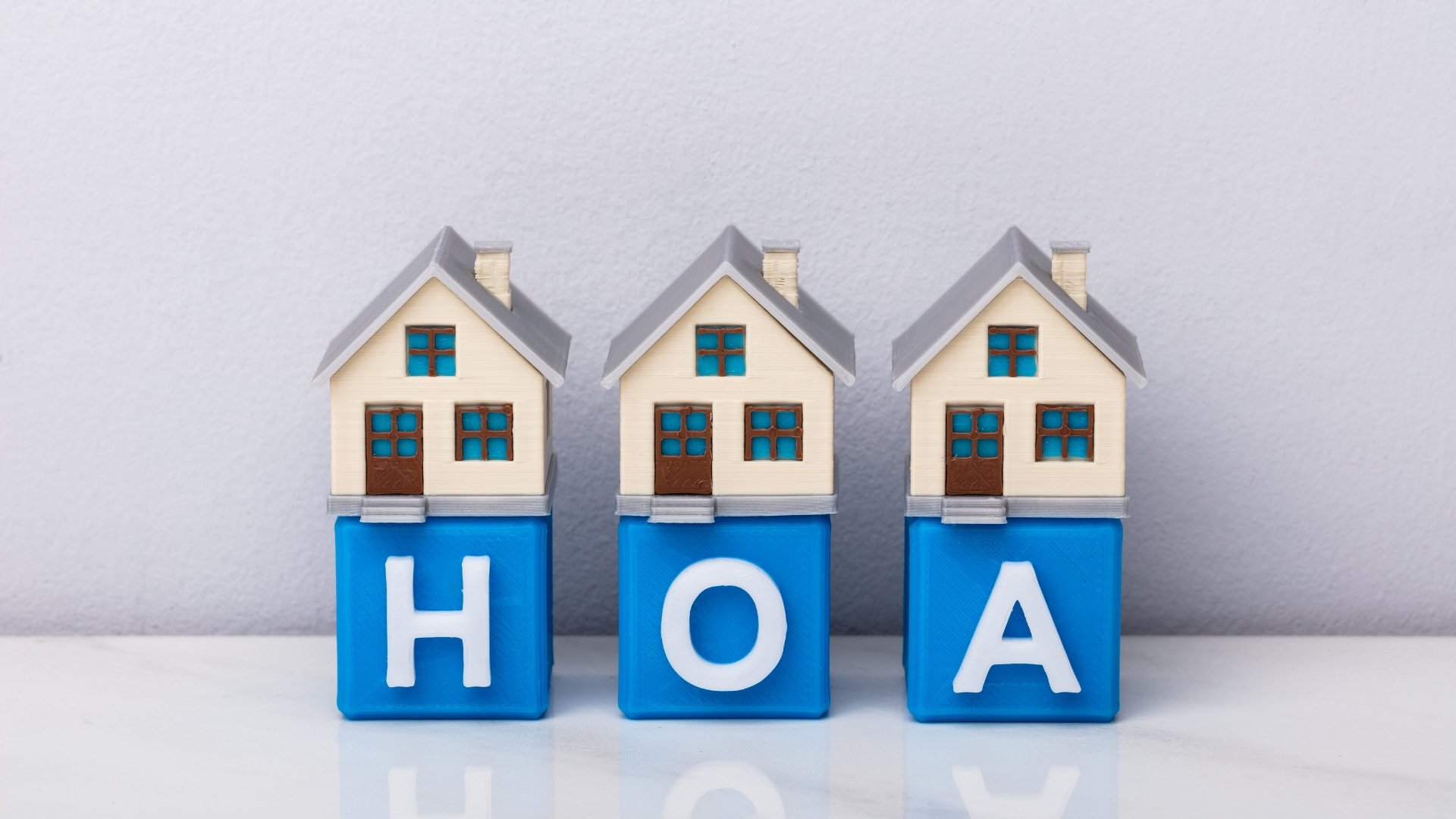Where Does Your HOA Money Go? Understanding HOA Fees
Understanding Homeowners Association Fees
Homeowners Association (HOA) fees can often be a puzzling aspect of homeownership. Many potential homeowners have questions about where their money goes and what it covers. In this article, we will explore the various costs and benefits of HOA membership to provide a clearer understanding of where your HOA money goes.
When you purchase a property in a community governed by an HOA, you become a member of the association. This membership comes with both costs and benefits. The most significant cost is typically the monthly or annual HOA fee that every homeowner is required to pay. These fees contribute to the overall maintenance and management of the community.
On the flip side, HOA membership brings numerous benefits. One of the primary advantages is the preservation and enhancement of property values. HOAs enforce rules and regulations to maintain the appearance and quality of the community. This ensures that your investment continues to grow in value over time.
Additionally, HOAs often provide amenities such as swimming pools, fitness centers, parks, and community events. These amenities enhance the quality of life for residents and create a sense of community within the neighborhood.
Before joining an HOA, it's crucial to review all the purchasing documents associated with the property. These documents include the Covenants, Conditions, and Restrictions (CC&Rs), which outline the rules and regulations set forth by the HOA. They also provide details on the fees you can expect to pay.
HOA fees can vary widely depending on the community and the services or amenities provided. Some associations charge a flat fee, while others have a tiered structure based on the size or value of the property. Understanding the fee structure and what it covers is essential for budgeting purposes.
In addition to the monthly or annual HOA fees, homeowners may also encounter special assessments. These assessments are one-time fees charged to cover unexpected expenses or major repairs within the community. It's important to be aware of these potential additional costs when budgeting for homeownership within an HOA.
Estoppel letters are legal documents that disclose pertinent information regarding outstanding fees or violations associated with a property. These letters play a crucial role in the transfer of property ownership and can affect the amount of HOA fees due at closing.
It's important for potential homeowners to request an estoppel letter from the HOA before finalizing a property purchase. This document outlines any outstanding fees, fines, or violations that the new owner may become responsible for. Understanding the financial obligations from the start can prevent surprises down the road.
For homeowners who choose to rent out their properties, HOAs often have specific regulations and fees in place. Rental application fees are typically required to cover the cost of screening prospective tenants and maintaining community standards.
Each HOA may have its own set of rules regarding rentals, including restrictions on the number of rental units allowed in the community. It's essential to understand these regulations and associated fees to avoid any potential conflicts or financial surprises when renting out your property.
What's Not Included in Your HOA Dues
While HOA fees cover various significant expenses, there are certain things that they typically do not include. It's crucial to be aware of these additional expenses as a homeowner to avoid any unexpected costs.
One important expense that is not included in your HOA dues is property taxes. As a homeowner, you are responsible for paying property taxes to your local government. These taxes contribute to the funding of public services such as schools, roads, and emergency services. It's important to factor in property taxes when budgeting for your monthly expenses.
Another expense that homeowners are responsible for is their mortgage payments. Unless you own your home outright, you will have a mortgage that needs to be paid each month. The mortgage payment includes the principal amount borrowed, interest, and sometimes additional fees such as private mortgage insurance (PMI) for those who put less than 20% down payment.
Additional Expenses to Consider as a Homeowner
Aside from HOA fees, homeowners are generally responsible for their property's insurance, including homeowner's insurance, flood insurance (if applicable), and personal belongings coverage. It's essential to budget for these additional expenses to protect your investment adequately.
Homeowner's insurance provides coverage for damages to your home caused by events such as fire, theft, or vandalism. Flood insurance is necessary if you live in a flood-prone area to protect your home from water damage. Additionally, personal belongings coverage ensures that your possessions are protected in the event of theft, fire, or other covered perils.
Furthermore, homeowners are responsible for paying their utility bills, such as water, electricity, gas, and internet. These expenses are not included in the HOA fees and should be factored into your monthly budget.
Water bills can vary depending on your usage and the rates set by your local water utility. Electricity and gas bills are determined by the amount of energy consumed in your home. Internet bills cover the cost of your internet service provider (ISP) and any additional services such as cable TV or phone lines.
Maintenance and Repairs: Who's Responsible?
While HOAs are responsible for general community maintenance, certain repairs and maintenance tasks may fall on individual homeowners. For example, homeowners are typically responsible for maintaining their own yards and landscaping within the guidelines set by the HOA.
Additionally, homeowners are responsible for repairs and maintenance within the walls of their own property, such as plumbing or electrical issues. Understanding who is responsible for what can help avoid confusion and prevent unexpected expenses.
It's important to note that major repairs or replacements of community infrastructure, such as roads or swimming pools, are typically covered by the HOA and funded through the collected fees. However, it's always a good idea to review your HOA's bylaws and governing documents to understand the specific maintenance responsibilities.
Special Assessments: Unexpected Costs for HOA Members
In some cases, an HOA may levy a special assessment to cover unexpected or significant expenses that are not covered by the regular HOA fees. These assessments are typically one-time charges that each homeowner is required to pay.
Special assessments can vary widely in amount and frequency, depending on the specific needs of the community. Examples of situations that may warrant special assessments include major repairs, renovations, or legal costs associated with community issues.
Being aware of the possibility of special assessments and having a reserve fund in place can help homeowners plan for these unexpected costs in advance. It's important to participate in HOA meetings and stay informed about the financial health of the community to anticipate any potential special assessments.








